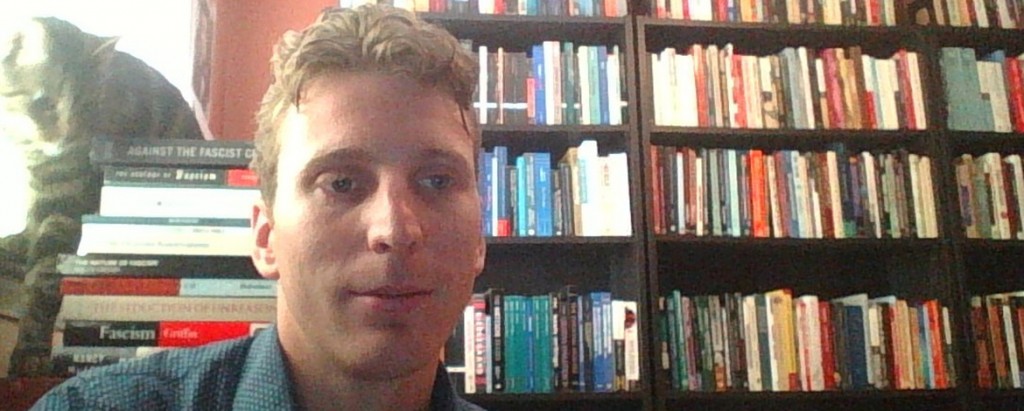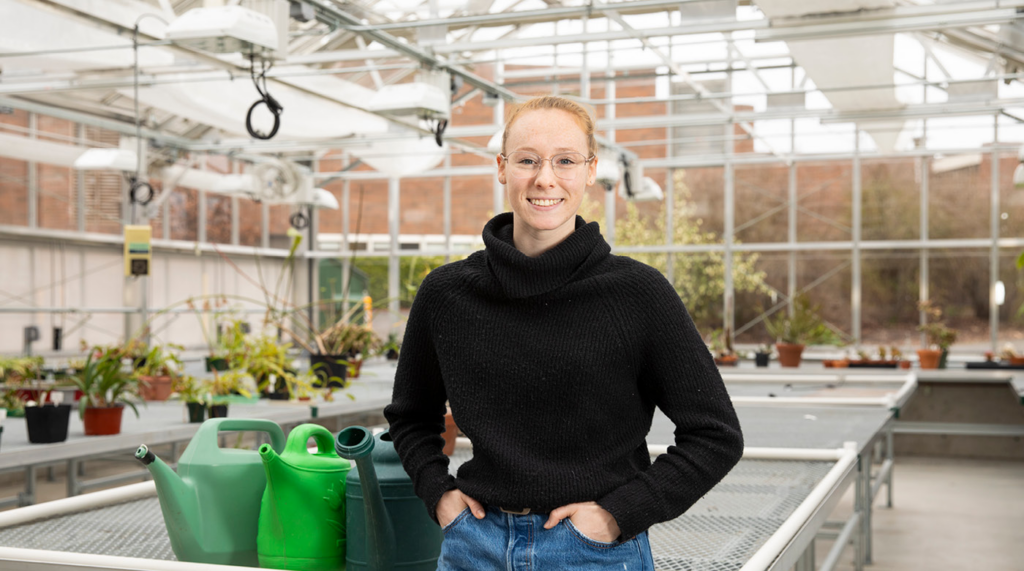Page 239 • (12,625 results in 0.084 seconds)
-
Year 1 SummerGNUR 701 Foundations of Scholarly Writing & Communication (2) GNUR 702 Advanced Practice Roles & Collaboration (1) GNUR 706 Biostats, Analytical Methods, & Epidemiology (3)2 Credits 1 Credit 3 Credits FallGNUR 703 Theoretical Foundations & Evidence-based Practice (3) GNUR 707 Quality Improvement & Research Methods (3)3 Credits 3 Credits J-TermGNUR 704 Pop Health, Policy, & Politics (2) GNUR 708 Leadership & Resource Management (3)2 Credits 3 Credits SpringGNUR 705 Information
-
Year 1 SummerGNUR 701 Foundations of Scholarly Writing & Communication (2) GNUR 702 Advanced Practice Roles & Collaboration (1) GNUR 706 Biostats, Analytical Methods, & Epidemiology (3)2 Credits 1 Credit 3 Credits FallGNUR 703 Theoretical Foundations & Evidence-based Practice (3) GNUR 707 Quality Improvement & Research Methods (3)3 Credits 3 Credits J-TermGNUR 704 Pop Health, Policy, & Politics (2) GNUR 708 Leadership & Resource Management (3) 2 Credits 3 Credits SpringGNUR 705 Information
-
2021 Environmental Studies CapstonesProfessors Claire Todd (Geosciences and Environmental Studies) and Sergia Hay (Philosophy) had the honor of working with this year’s class of Environmental Studies students as they completed their interdisciplinary and culminating projects for their major. This capstone cohort tackled a wide range of current environmental issues and employed the methods and tools of multiple disciplines including biology, literature, chemistry, philosophy, art, political
-
345, 354, 361, 365, 372, and 373. International/Comparative Politics 4 semester hours One 300-level course in GLST. Courses that qualify are: GLST 325, 331, 332, and 357. Electives 8 semester hours Any POLS course POLS/GLST double majors may request to take up to one 300-level GLST course as a POLS elective Concurrent Attainment No more than 8 semester hours taken to satisfy other major or minor requirements may also be applied to the political science major. No more than 4 such semester hours may
-

health care would be the ultimate goal, but then a couple of classes focused on plant development and global agriculture grew a new passion“I have a family history of agriculture, my grandfather used to have apple orchards in Eastern Washington,” she said, explaining why her PLU biology classes resonated with her. “From that point forward, I began to pursue plant biology, as I had both personal and academic passion in the subject.” On her way to her degree, Davis completed a capstone project on plant
-

undergraduate. “I didn’t really know what I wanted to study. Philosophy was something I had always interacted with but didn’t really have a name for. Then I took this philosophy class and it was like oh, this is what I have been interested in.” Dr. Arnold says, “Broadly speaking, all areas of the academy and education have elements of philosophy to them. You could do the philosophy of just about anything: physics, religion, literature etc. I don’t think philosophy is done only in its department. The way it
-

Growing into her own: how Sarah Davis ’23 discovered her passion for plant biology Posted by: shortea / May 11, 2023 May 11, 2023 By Lisa PattersonPLU Marketing & Communications Guest Writer Sarah Davis, a biology major and Hispanic studies minor, began her PLU journey with the idea that medicine and health care would be the ultimate goal, but then a couple of classes focused on plant development and global agriculture grew a new passion. “I have a family history of agriculture, my grandfather
-
possible. I am a Sociology and Hispanic Studies double major. Before this trip, I was highly focused on the immigration system in the United States; I was incredibly curious about its history and the social ramifications surrounding it, and was fascinated by how these are manifested in Tacoma, since one of the largest detention centers in the country is housed on Tacoma’s port. Immigration, or migration in general, are complex topics that influence culture, experiences, and social situations in every
-
: I majored in religion because both my parents are Lutheran pastors. Growing up I was never reprimanded for being interested in other religions, thus another reason for choosing religion was to learn about other religions than my own. Finally I was also really interested in religions role in helping solve our ecological crisis. Trenton Kirchberg “Politics, Pragmatism, and a Seamless Garment: American Catholicism Beyond Roe v. Wade” Abstract: This work analyzes Joseph Bernardin’s Consistent Life
-
and African American Studies program at Loyola University Maryland, while contributing courses to its gender studies program. I also participate in relevant student organizations addressing LGBT rights, sexual assault, and other important concerns. My feminist literature courses continue to be my most intellectually rewarding. In fact, when I interviewed for my job at Loyola, I pitched my dream course: a study of “dead women talking.” From Madeline Usher to Toni Morrison’s Beloved, these strange
Do you have any feedback for us? If so, feel free to use our Feedback Form.


